Clean Sport: Tips for Parents
Content approved by:
Here are our top tips to help ensure your athlete starts clean and stays clean:
Education
Educate yourself and your athlete about the principles of clean sport, the importance of fair competition and integrity, the risks of doping, and the anti-doping rules from the National Schools Championships level onwards. Ensure you (and your athlete) know what constitutes a doping violation.
Stay updated on anti-doping policies, rule changes, and educational resources provided by relevant sports organisations.
Accountability
Ensure they fully understand that, ultimately, they are 100% responsible for what goes into their body… ‘excuses’ will be irrelevant if they fail a test. The 100% Me programme has been specifically designed to help athletes navigate the ‘clean sport’ world. Click here for more information.

Lead by Example
Be a role model by promoting clean sports values, demonstrating sportsmanship, and emphasising the importance of playing by the rules. Demonstrating respect for clean athletes will send a positive message to your own athlete.
Create the narrative that good performances come from hard work, good nutrition, and sleep rather than external factors like protein powder (and even ‘super shoes’, etc.). Avoid suggesting (and try to discourage) the use of ‘external performance enhancers’, e.g. the use of supplements.
Emphasise Natural Abilities
Help your athlete understand that their natural abilities, hard work, and dedication are key to success, rather than relying on shortcuts or performance-enhancing substances.
Food First Approach
Emphasise the importance of proper nutrition to provide all the nutrients the body needs to perform optimally... making supplements unnecessary. Most protein powders are made from milk... and a healthy diet containing milk and other food sources is likely to easily provide enough protein for all but the most elite, full-time athlete. So, chances are it's very unlikely your athlete 'needs' a protein supplement...
Seek guidance from qualified sports nutritionists or healthcare professionals if you are concerned your athlete's nutritional needs are not being met. They can advise you, if necessary, regarding safe and legal dietary supplements. Remember, even vitamins, minerals, and herbal remedies carry a risk of contamination.
Medication
All medications, prescribed or bought over the counter, could contain prohibited substances… even simple flu remedies! UKAD has a good page about this on its website. Click here.
Get into the habit of checking that medications/prescriptions do not contain banned substances using the Global DRO search tool. Click here.
Occasionally, new medications, for example, are added to the list of banned substances. It is up to you to remain up to date with changes because saying you didn't realise will not overturn a doping ban!
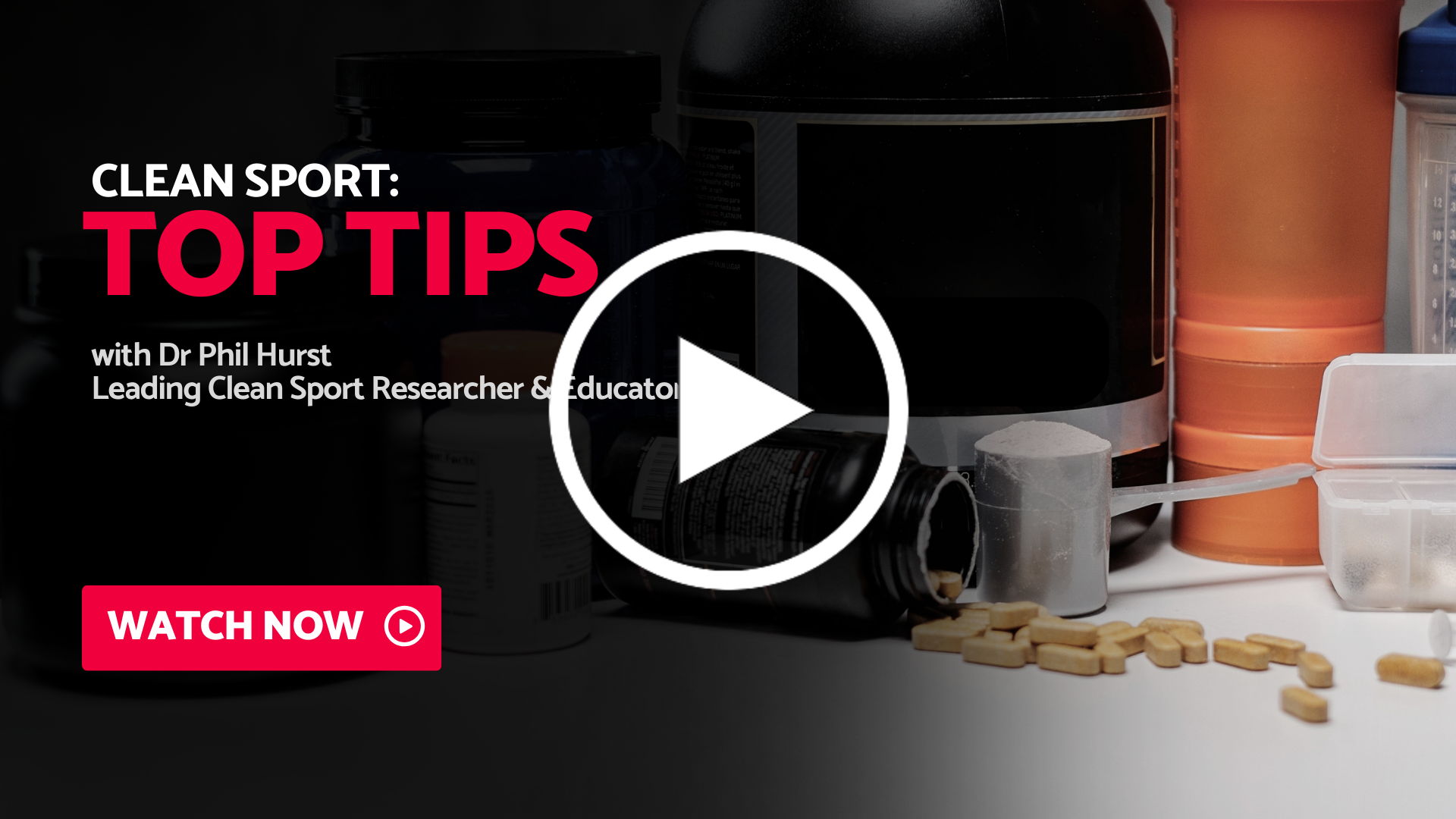
Open Communication
Promote open and honest communication with your athlete about the risks and consequences of doping. Encourage them to ask questions, express concerns, and share any experiences or pressures they may encounter. Openly discuss doping cases in the media and the consequences the banned athlete faces.
Supportive Environment
Encourage them to surround themselves with like-minded peers and coaches committed to clean sports values.
And lastly
If your athlete is set on using supplements, always insist they use products certified by Informed Sport.
*ONLY EVER BUY PRODUCTS WITH THIS LOGO ON 👇
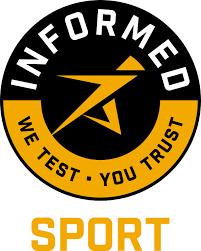
If you've found this information helpful, we've created The Athlete Place, our athlete-specific platform that will inform, motivate and inspire your athlete...
Evidence-Based Research
Our content is supported by:
-
Blank, C., Leichtfried, V., Schaiter, R., Fürhapter, C., Müller, D. and Schobersberger, W., 2015. Doping in sports: Knowledge and attitudes among parents of a Austrian junior athletes. Scandinavian journal of medicine & science in sports, 25(1), pp.116-124. (View Paper)




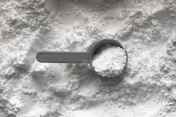
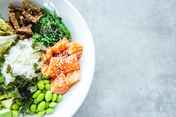
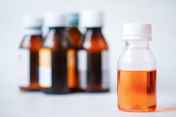
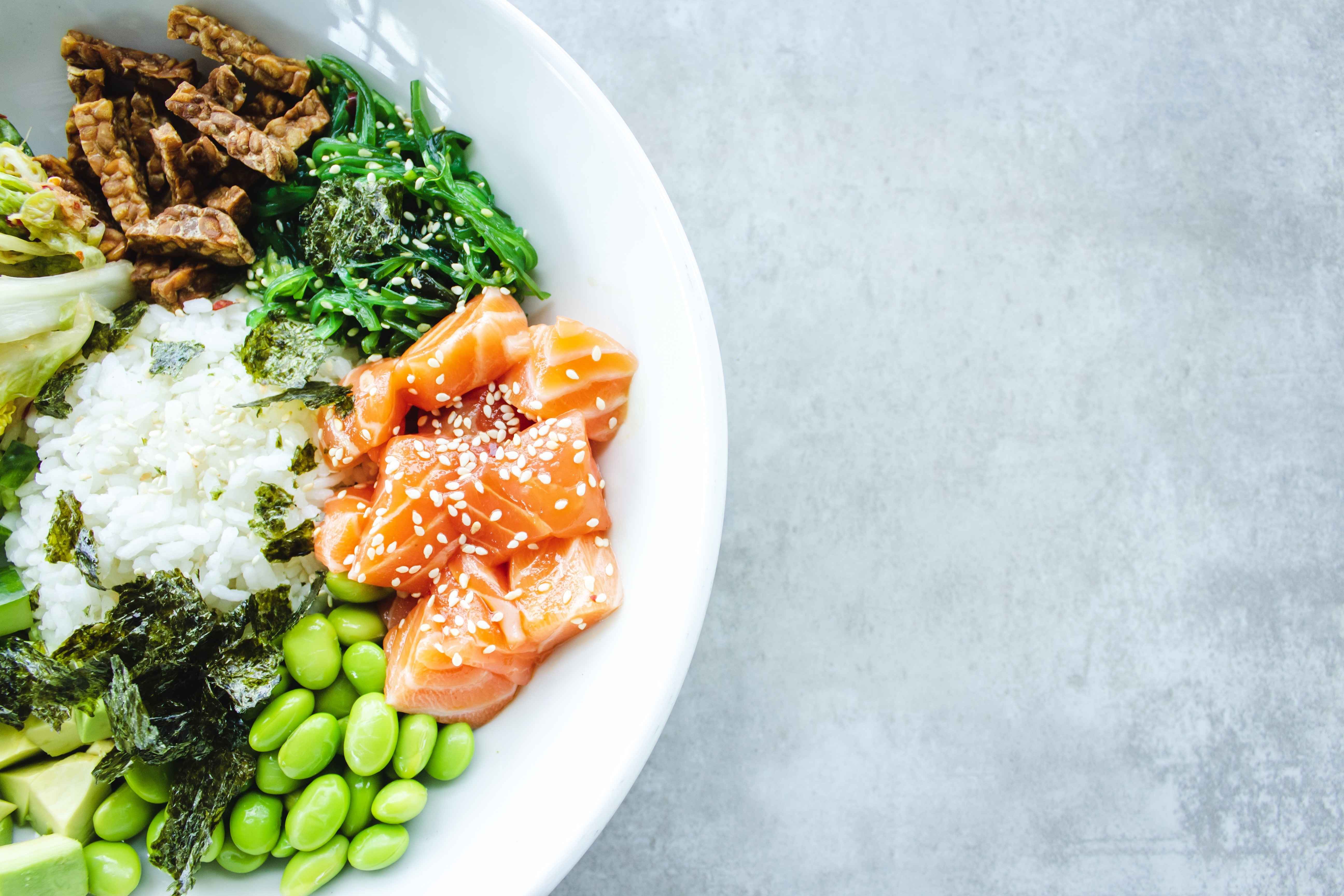
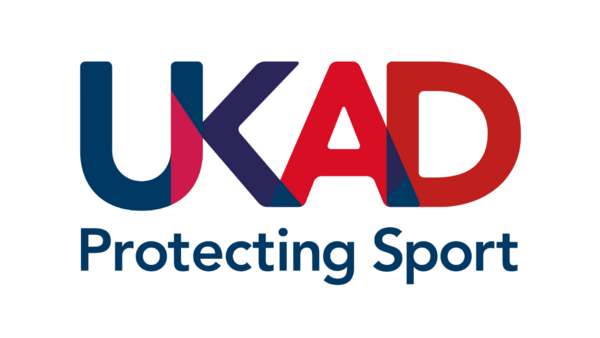
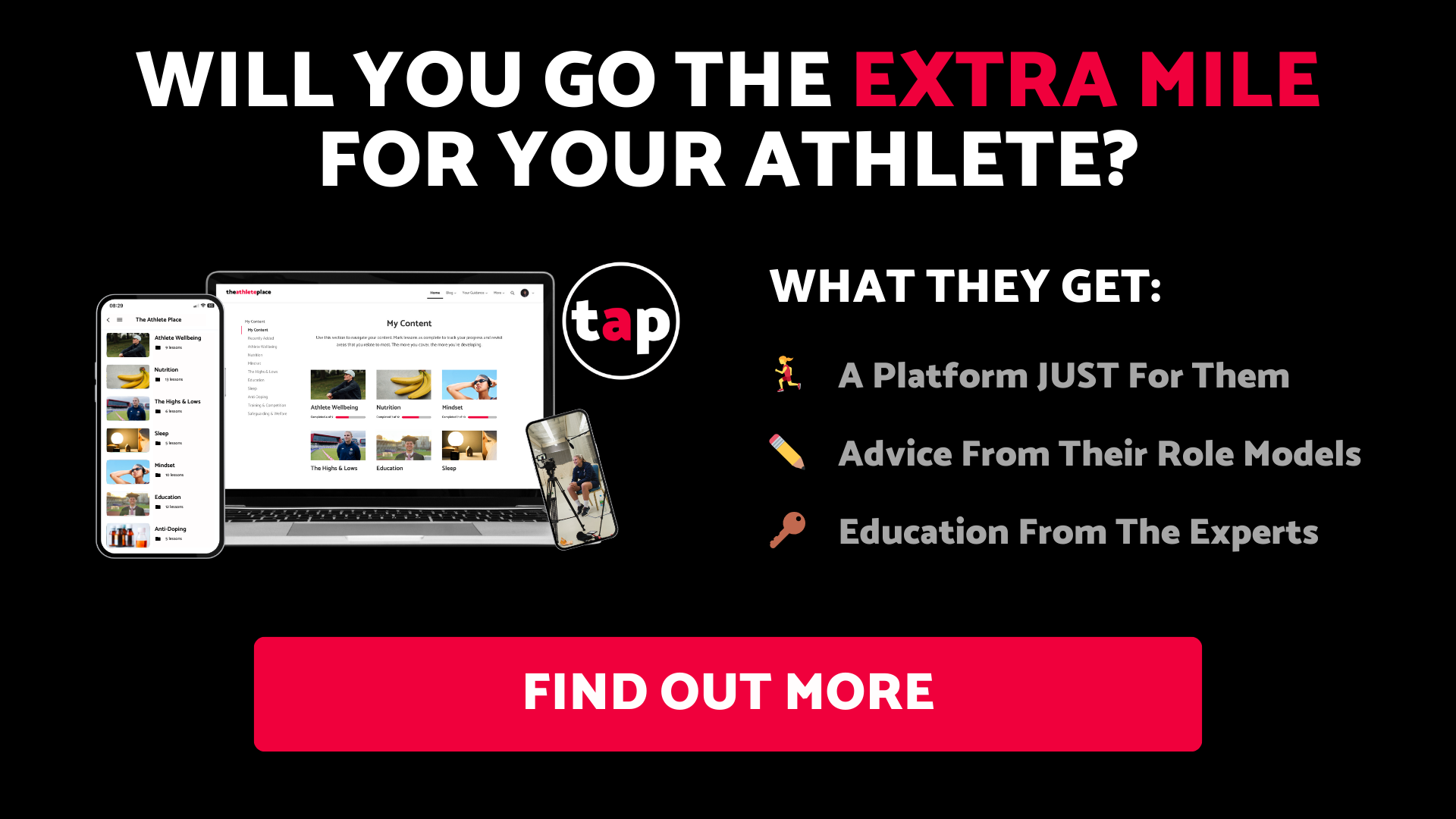
0 comments
Leave a comment
Please log in or register to post a comment